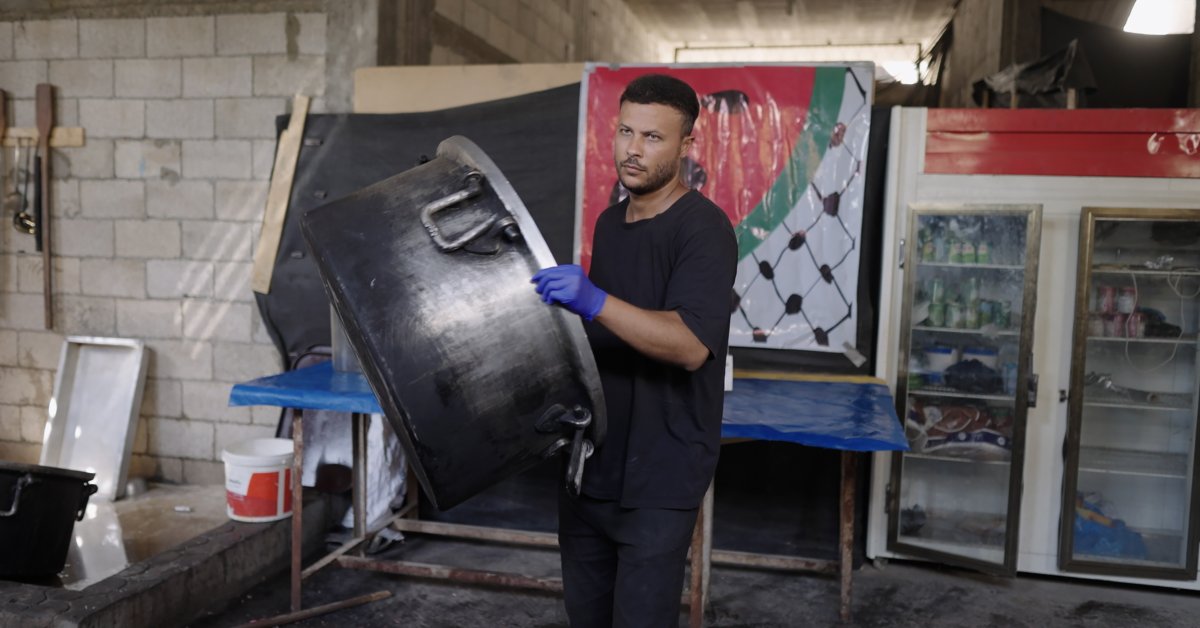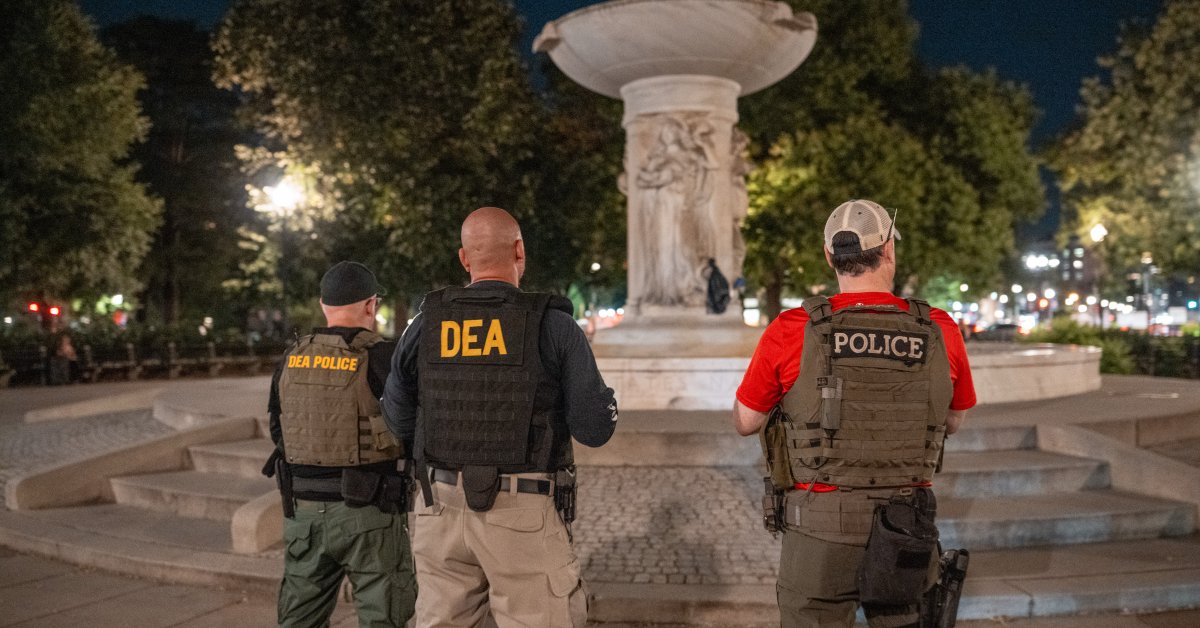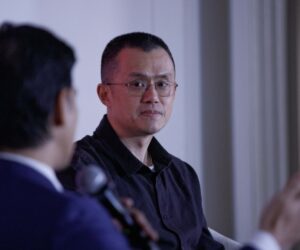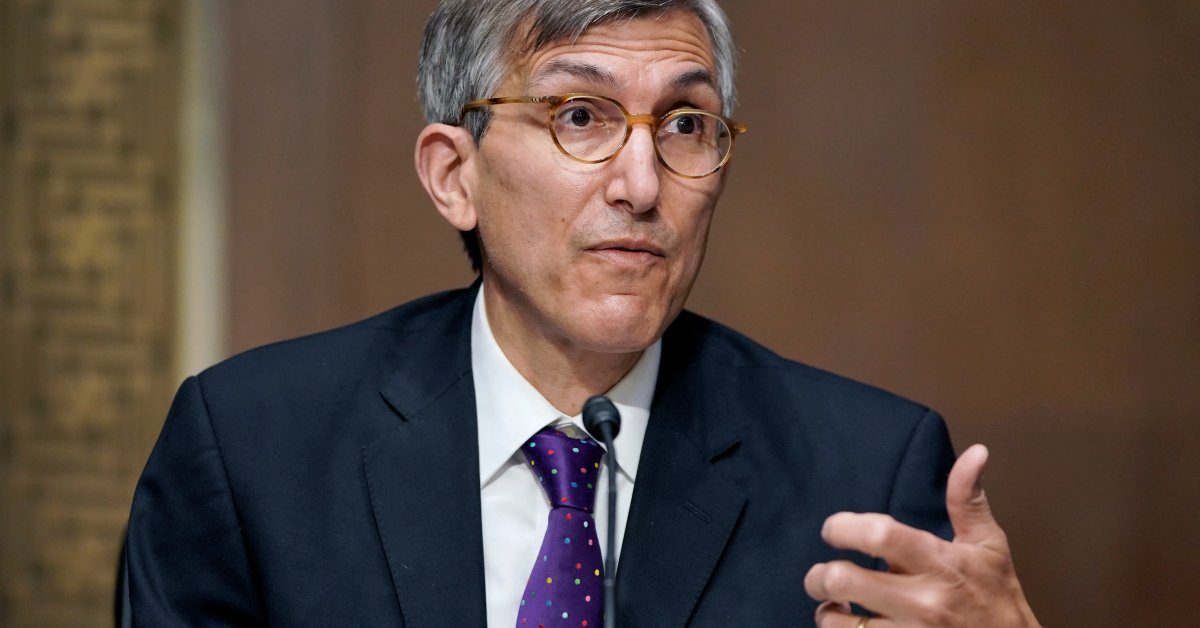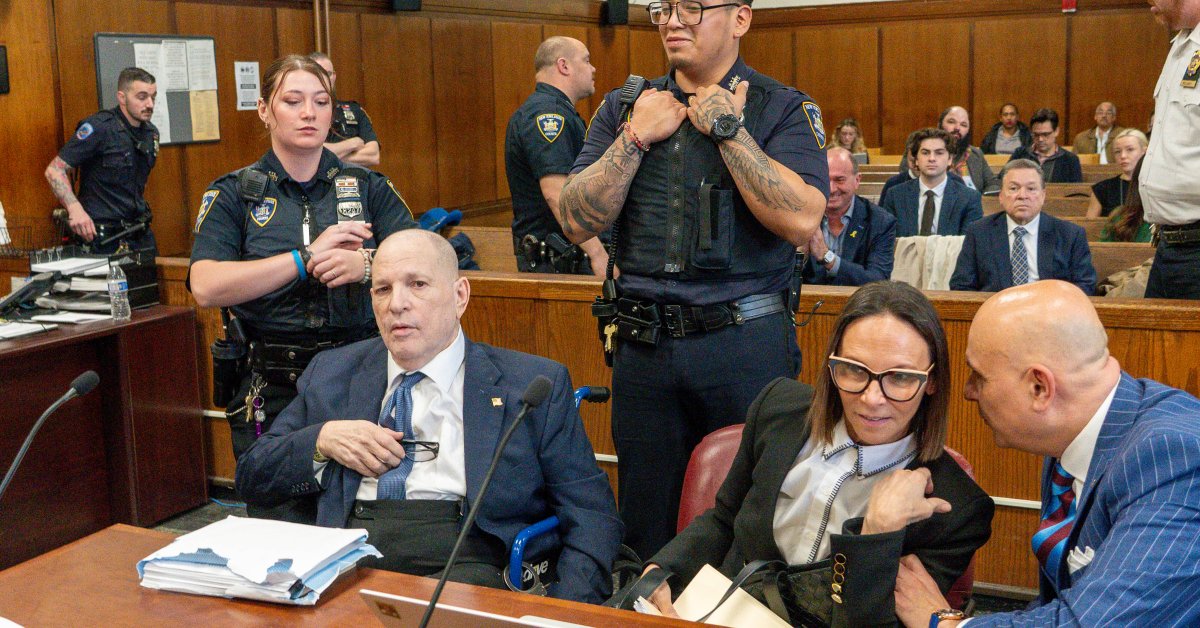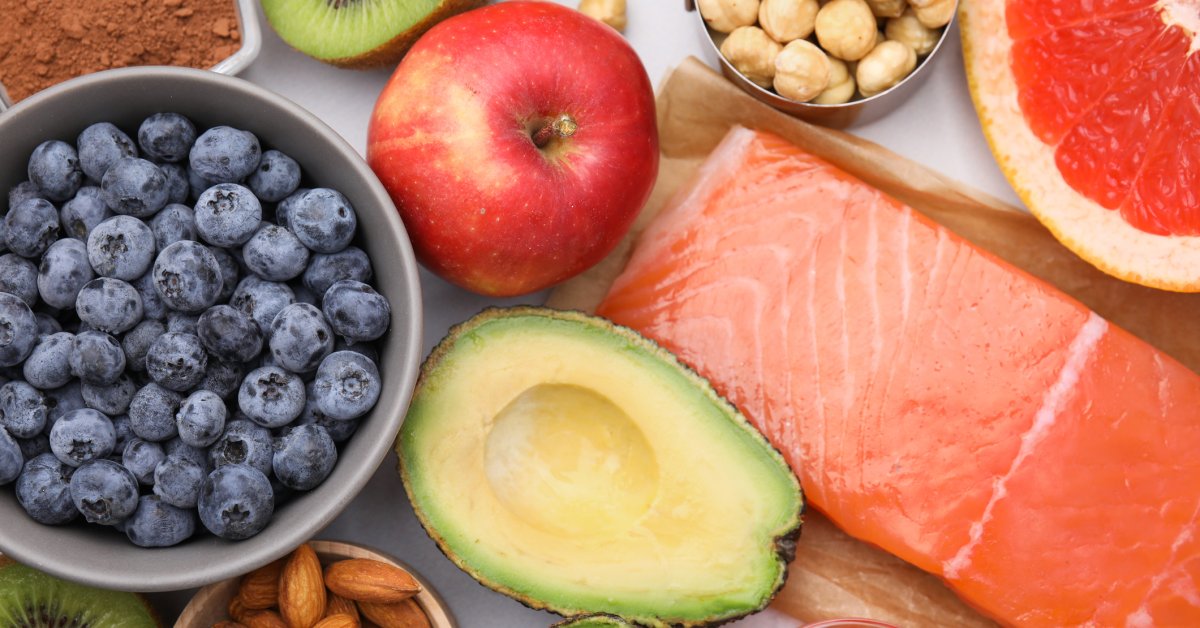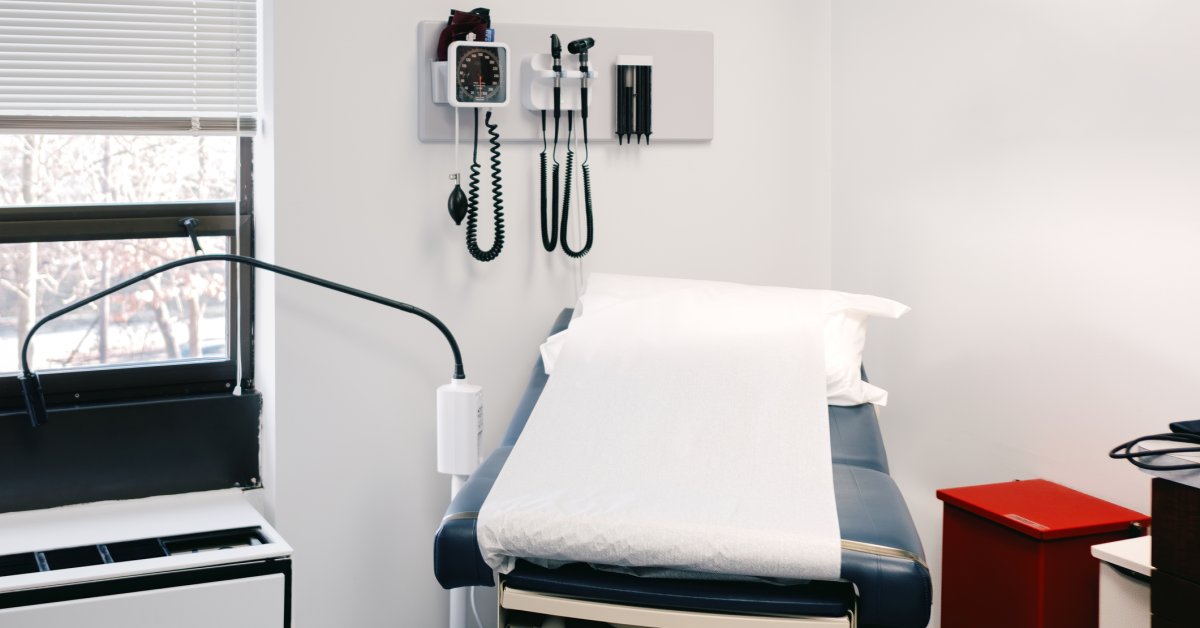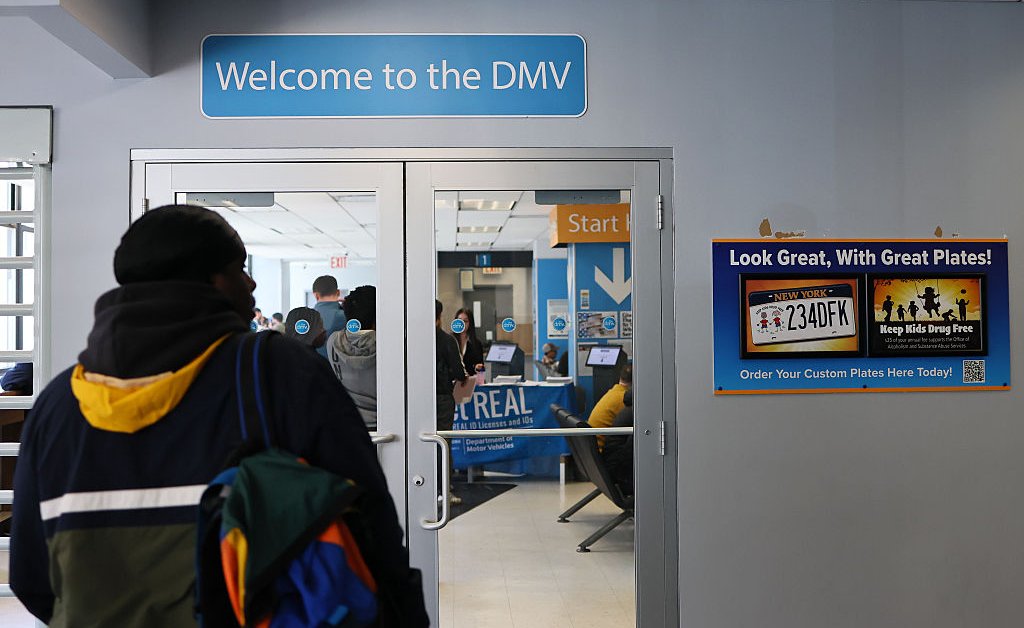Bombs rattled in the distance, and debris lay scattered across the empty corridors of Gaza’s hospitals. I stood just outside, heart racing, aware that my wife could go into labor at any moment. Seven months into the war, with hospitals crumbling and doctors improvising under dire circumstances, I felt a paralyzing fear for my newborn’s arrival. What sort of world would he enter when basic resources had vanished? I never imagined our first child, Nizar, would be born amid the roar of missiles and the stench of scarcity.
Before the war I was Hamada Shaqura, known to many as Hamada Sho, a food blogger and digital marketer who celebrated Gaza’s vibrant culinary culture. I shared recipes, restaurant stories, and the joy of good food online. But when our home was destroyed, our studio lost, and the war displaced us to Khanyounis’s tent camps, cooking became less about flavor and more about survival. Humanitarian rations offered bare sustenance, canned beans, preserved meats, powdered milk, but they lacked any taste or meaning. I could not bear seeing children eat only to live, not to enjoy.
In those early weeks I began cooking only for my family, but I could not ignore the children around me. They were surviving on whatever kept them alive, eating the same bland rations every day. I remembered how much food had once meant to me and how it had always been a source of joy and connection. I wanted these children to feel that again, even in the middle of war.
Read More: We Can Stop Gazans From Dying of Starvation Right Now. Here’s How We Do It
Using my background as a food blogger I began experimenting with the limited ingredients available. I tested different recipes and looked for ways to create flavors with what little I had, trying to make each meal feel special. At first the portions were tiny, but the reactions from the children changed everything. They would take a hesitant first bite, their faces still heavy with the trauma of war, and then break into smiles. They started asking for seconds, and sometimes they would ask when I would return with more.
That response gave me hope and purpose. I realized I could do more than just cook for a handful of children. I could create something larger that might bring a moment of happiness and comfort to thousands of children who had been deprived of both.
As demand grew it became clear I could not do this alone. I reached out to local organizations that were already helping displaced families and many of them welcomed the idea immediately. With their support I was able to secure larger quantities of ingredients and space to cook for hundreds of children at a time.
Over time I crafted dishes like chicken curry, pizza wraps made from tortilla crusts, Gazan‑style tacos, burgers, croissants, and even caramel apples or popsicles, all from basic aid‑package items. Watching children line up patiently, their faces lighting up when they tasted something familiar but special, reminded me why this mission mattered.
I was no longer just a food blogger documenting life. I had become a cook with a purpose. Their gratitude was overwhelming. Parents told me through tears that these meals were the first time their children had smiled in weeks. Despite the constant danger and scarcity we were creating moments of normalcy and dignity in the middle of chaos.
As the months went by the blockade tightened even further. Aid trucks stopped coming and ingredients that had once been scarce became almost impossible to find. The little flour we had left skyrocketed in price. Even something as basic as a bag of flour could cost $1,000. Cooking large quantities of food was becoming unthinkable and I could feel the weight of that reality every day.
The most painful part was the children. They would still come to me hoping for a meal or a treat. I remember once going to a camp to distribute food and a boy came up to me holding a small medal with the Palestinian flag on it. He told me that he followed all my videos and was sure I would visit his camp one day so he made this gift for me. Moments like that gave me strength but also broke my heart because I could see the hunger in their faces.
After the first ceasefire we returned to the North hoping to find some trace of our old lives. What we found instead was total destruction. There were no homes left standing and no infrastructure to support even the most basic needs. We had to return to the south simply to have a roof over our heads even though it was not home. That short moment of hope quickly gave way to a new and even harsher reality.
When the bombing resumed everything became harder. We had no stable shelter and the place we found to rent in the north was barely livable but it was better than staying in a tent. My wife was pregnant again by then and I wanted her to be somewhere clean and safe—far from the heat, dust, and diseases spreading through the camps.
But the situation kept worsening. There was no clean water and barely any food. Diapers and baby formula for Nizar disappeared from the market and if we ever found any they were sold at impossible prices. Even when relatives abroad tried to help, the money often lost half its value before we could touch it. To get $50 in cash we had to send someone $100 through the Bank of Palestine mobile banking app. Every part of survival became a tradeoff and a struggle.
In the middle of all of this, my father became seriously ill. As he experienced heart problems, he was admitted to the intensive care unit in a hospital with almost no equipment or resources. We tried everything to get him out of Gaza for treatment abroad. He even has an official referral from the World Health Organization but it has been four months and he is still waiting to be allowed to leave. Knowing he is suffering, and I can do nothing to help, has been devastating.
I tried to keep cooking simple things when I could. I baked what I could afford and shared it when possible. But eventually even that stopped. I no longer had access to any ingredients. I began helping distribute clean drinking water because that was all I could still do. People would see me on the street and ask when I would cook again. They told me they were hungry. But then they would pause and look at me and say you look so thin. You lost weight too. That hurt
What is happening in Gaza today is bigger than my personal story. Hunger has become a weapon. Entire neighborhoods are living on scraps or going whole days without eating. Children are fainting in overcrowded shelters because they have no food. Parents are skipping meals so their children can eat a little more. People are boiling weeds and animal feed to stay alive.
Read More: The Malnutrition Crisis in Gaza Will Outlive the War, Experts Warn
The mental toll is as heavy as the physical one. When you cannot feed your child you begin to lose hope. I have seen the despair in parents’ eyes and the fear in children who no longer believe a real meal will come. Cooking for them was never only about filling their stomachs. It was about giving them dignity and a small moment of joy in a world that has taken almost everything else.
I remind myself of this now that I can no longer cook the way I used to. Every plate of food we served meant more than we could measure. It was a way to say we are still here. We are alive and we refuse to be forgotten.
In recent weeks, I have spent most of my time helping distribute clean drinking water because it is the only thing I can still do. The children I used to cook for still come to me asking when I will make food again and it breaks my heart to tell them I cannot. But I hold on to the hope that one day soon I will be able to cook for them again and see their faces light up the way they used to.
I still believe that small acts of care can change lives. Cooking a meal for a child who has nothing is about more than food. It is about telling them that they matter and that they are not forgotten. Even now, when I feel weaker than I have ever felt, I know that this work must continue.
I hope the world does not look away from Gaza’s children. They are enduring unimaginable hunger and suffering but they are still here and they still have dreams. All we ask is a chance to live and to rebuild our lives. I want my son Nizar and my unborn daughter to grow up in a place where they can thrive instead of just survive. I want every child in Gaza to feel that same hope.

